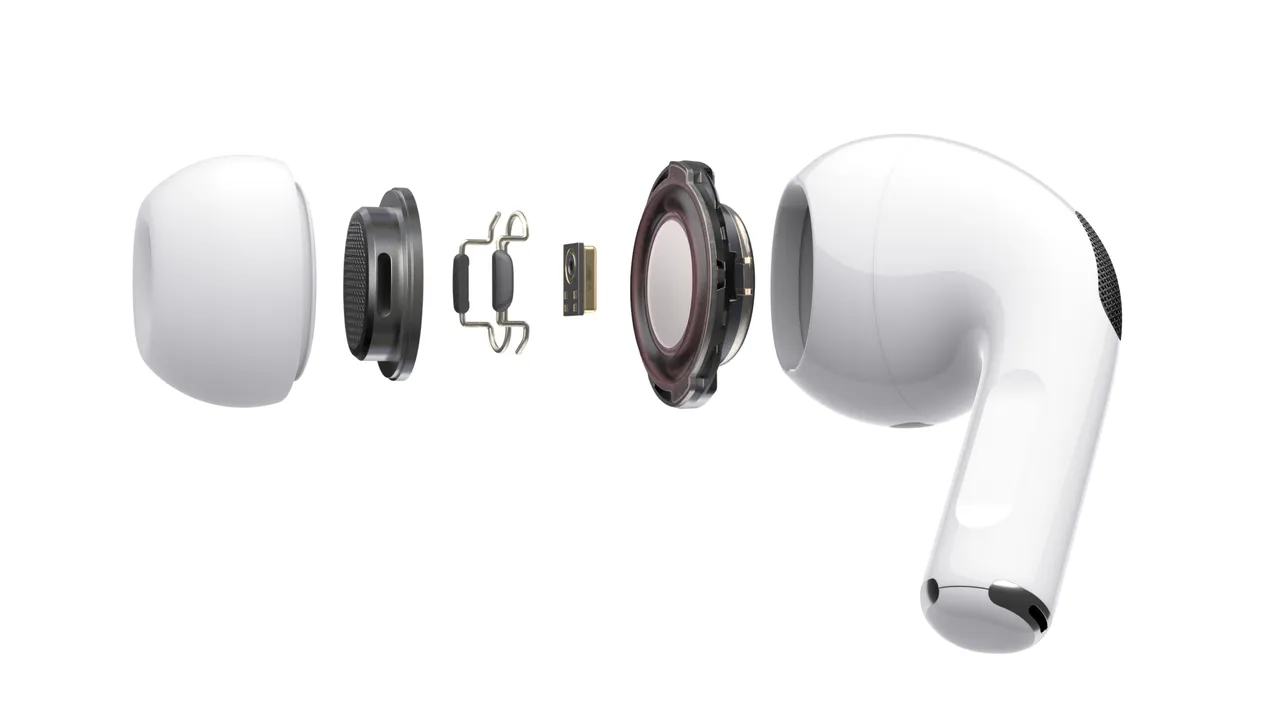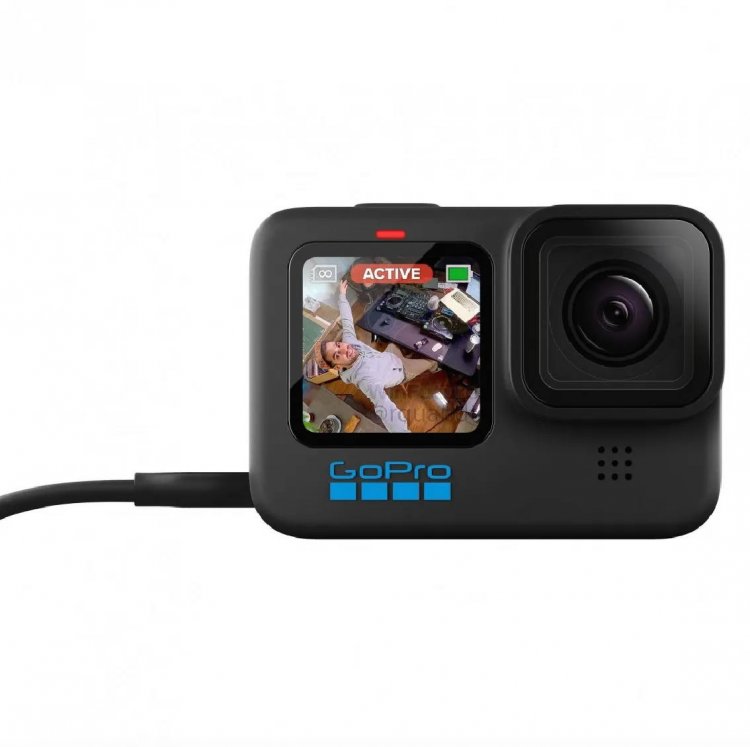Why the AirPods Pro 2's lossless audio might not be as good as the AirPods Max's
Although the AirPods Pro 2 was the first to support lossless music, the dynamic range of the AirPods Max suggests that they may still be the best.

With the Apple AirPods Pro 2 expected to be released this year, rumours and leaks are starting to surface, and one of the most popular claims is that they'll be the first AirPods to support lossless audio, according to an investor's note seen by MacRumors.
This only adds fuel to the fire, as a recent What Hi-Fi? interview with Apple's VP of Acoustics, Gary Geaves, provided another major hint. Geaves said: "There," he said "We could all agree that we'd like more bandwidth and... I'm going to stop right there. We'd like to have more bandwidth."
This raises an intriguing question: thanks to the ability to stream high-resolution audio files, will the new AirPods Pro 2 provide better music playback than the mighty (and expensive) AirPods Max? Unfortunately, the answer is: maybe. Here's what you need to know because it depends on a few factors.
Also Read: Oppo Watch Free has been listed on the official website,...
Apple added higher-quality 'lossless' music to the Apple Music app in 2021, but there's no way to listen to the higher-fidelity versions of these songs on Apple's own headphones at the moment. All AirPods models, including the high-end AirPods Max, current AirPods Pro, and new AirPods 3rd Gen, currently only support standard Bluetooth wireless 'codecs,' which can't handle all the extra information in lossless music files – this is the "bandwidth" issue that Geaves lamented. The audio is reduced to a lower-resolution version, which you hear through the AirPods.
The aptX codec is the most common way for Bluetooth headphones to support lossless audio, but Apple is unlikely to include it because it requires Qualcomm technology, which Apple despises (which competes with Apple by making chips for the best Android phones but also makes things like the 5G modem in the iPhone 13). boat
Companies, on the other hand, can put their own spin on high-quality Bluetooth streaming. Consider LDAC, which was developed by Sony and provides three times the bandwidth of standard Bluetooth. The disadvantage of LDAC is that it is only available through a developer menu on most Android phones, so it isn't widely used or even known about.
Also Read: Reebok ActiveFit 1.0 Smartwatch with 1.3-inch Display and...
But that isn't a problem for Apple: if it develops its own high-bandwidth Bluetooth equivalent to LDAC, it will presumably add support to a large number of recent iPhones at the same time, most likely in iOS 16, allowing most people to benefit from the improved quality of their AirPods Pro 2.
GET TO THE AIRPODS MAX ALREADY, JEEZ
If we assume that whatever high-resolution Bluetooth technology Apple uses will be exclusive to the AirPods Pro 2 (at least at first), that means they'll sound better than the AirPods Max, which are limited to lower-resolution music streaming, right?
Not always, to be sure. The quality of the speaker driver is just as important as the detail of the music files. The AirPods Max has a simply incredible 40mm driver that's incredibly dynamic (meaning it can move incredibly nimbly, allowing it to produce more detail), whereas the current AirPods Pro is said to have an 11mm driver (Apple hasn't specified the exact size) that's also extremely dynamic, but simply can't match what the AirPods Max can do. Adding more detail to the AirPods Pro 2's tracks won't make them better than the Max on their own.
Consider it this way: putting Lewis Hamilton in a Mercedes S Class and letting him loose on a racetrack with the AirPods Pro 2 with lossless audio. That's a really nice car, and he'll make the most of it without a doubt. It'd be a show-stopper. Best Wired Headphones 2022
However, using regular Bluetooth with the AirPods Max is like putting an average driver in an F1 car on the same track. Their driving may not be up to par, and they may not be getting the most out of the car, but they have a chance to beat Hamilton's time in the Mercedes simply because it can do so much more.
Also Read: Apple Watch Series 8: release date, leaks, and rumours
Another factor is that if you use noise-cancelling, you're adding processing to the mix, which can affect how well lossless music details come through. The performance of the AirPods Pro 2 in this area will determine whether lossless audio is perceived as a significant upgrade.
So, while I'm interested to see what the AirPods Pro 2 can do – I expect a significant improvement in sound quality even without lossless audio support, given how much better the AirPods 3rd Gen are than the previous version – when it comes to lossless audio, all I want is for Hamilton to get into the F1 car...



























